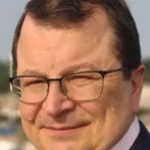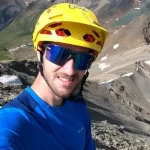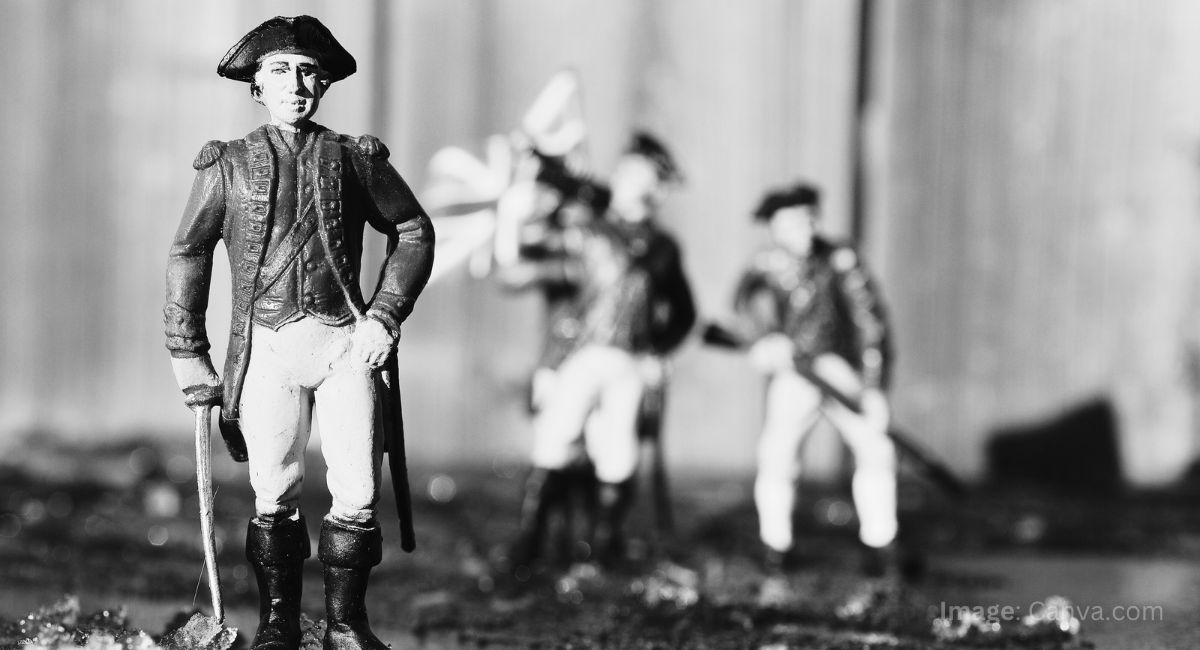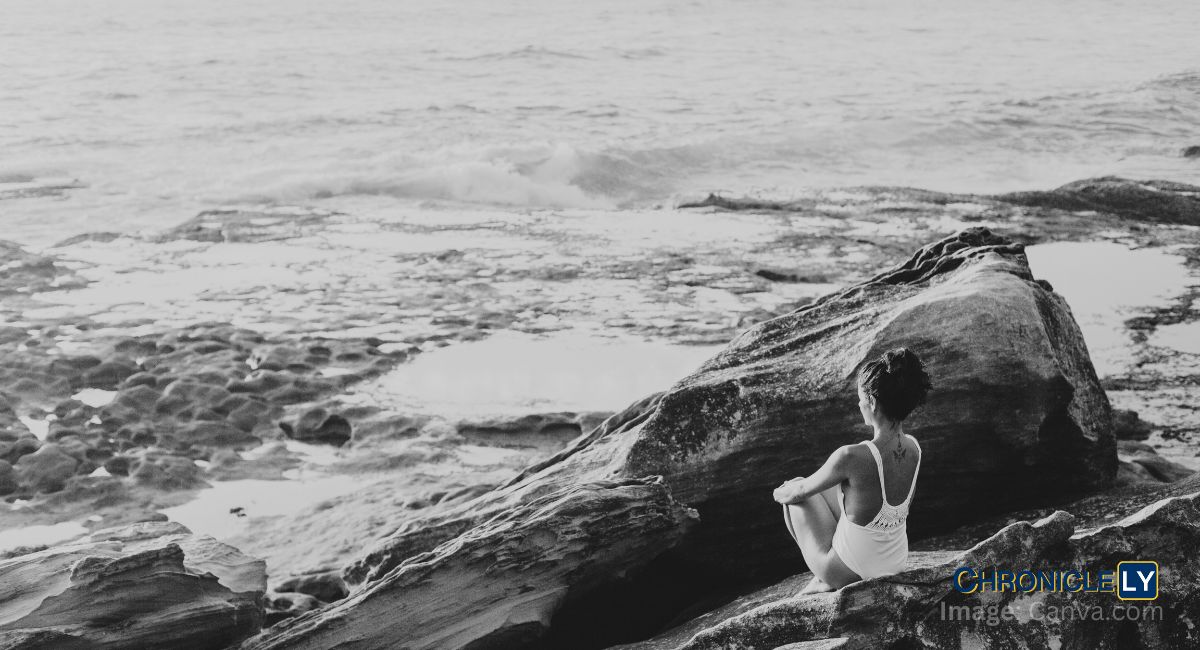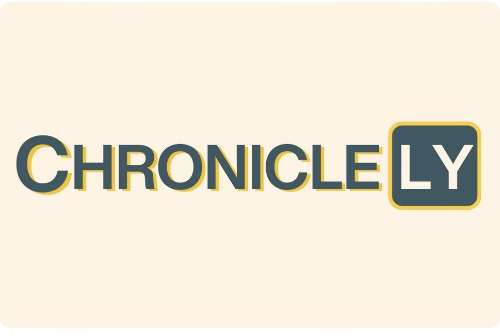Michael reveals the secret to success in financial balance and happiness, showing how things work out best for each individual. Many individuals have praised his art, stating that it is so fantastically intuitive. His message is similar to a do-it-yourself strategy.
You may therefore refer to his work as a self-help book because millions of people desire to read it in order to improve their financial situation, find happiness, and live a balanced existence. Many others have benefited from his thorough fact-checking in order to write this book. Numerous individuals face emotional difficulties, and this book offers strategies for overcoming them.

About Author Michael Sakraida:
Michael Sakraida is the author of the book “Money, Balance, Joy,” which improves your life story. He is also the founder of a coaching-based programme related to his book. Michael is a financial advisor for firms and companies. He brings us to our self-awareness of fulfilling and meaningful lives. Michael guides us on the sidelines of distractive emotions and leverages our positive emotions and values.
What is your book about and when did the idea of writing “Money, Balance, Joy stuck in your head?
Money, Balance, Joy is an intuitive and enjoyable journey – based on research and stories based on many people and professionals’ experiences, including my own – to enable people to improve their life stories by having fulfilling lives of money, balance, and joy. This journey is intended to go beyond the reading of Money, Balance, Joy. I’ve had the idea for this book my entire adult life, but this specific idea didn’t coalesce into this book idea until just over a year ago.
What inspired you to write this book and whom do you think your mentor is?
Instead of helping tens of thousands of individuals and financial professionals over the years, I want to help hundreds of thousands of them – heck, I would love to help a million people and financial professionals. My book, Money, Balance, Joy, is the cornerstone, or spark, of the movement most people need.
What are the key takeaways you hope readers will get from your book and why they should read it?
To help them further along in their lifelong quest for a fulfilling and meaningful life of money, balance, and joy. We all need an understanding of what we’re up against, we all need a better understanding of ourselves and how our mindsets can enable us to overcome what we are up against, we all need a path for our journey, and we all need the outside perspectives, accountabilities, and adjustments that come from the right kind of financial advisor. Years ago, I created a presentation for individuals capturing the essence of Money, Balance, Joy, and, to a person, every one of the thousands of individuals who heard it loved it, were more hopeful, and wished they heard it much sooner in their lives.
What makes your book unique or different from other books on the same topic?
Most books in this investment genre fall into three categories: the first category is what I call the “hero” writer (where it is about how one should bask in their brilliance). Often this brilliance is suspect and comes off as more self-promoting than helpful. The second category is the do-it-yourself book – for 90% of people, it is impossible to substantially improve one’s money, balance, AND joy with this DIY guidance approach. And the DIY approach results in books that are longer than 90% of people want to read. And the third category of such books are written like textbooks and are as interesting as the textbooks of our least favorite classes when we were kids.
How did you research and fact-check for Money, Balance, Joy?
Would you like to share some experiences while writing? Fortunately, there were many studies, including academic ones, that touched upon the human-nature-based financial and emotional challenges and solutions covered in Money, Balance, Joy. And the common experiences I’ve observed with countless individuals and financial professionals over the years drew me to search for some of these studies. In short, I am curious.
What are your plans for promoting your book? Which marketing strategy you loved the most?
As I mentioned earlier, my book, Money, Balance, Joy, is just the initial spark or cornerstone behind my goal of helping hundreds of thousands of people and financial professionals. This is because my book enables me to have related articles written about it. The articles lead to podcasts like yours, which both provide compelling and helpful content to hopefully spread like wildfire through the leverage of a social media-based sharing helping effort. And all this hopefully will lead to the holy grail of radio and television.
How long did it take you to write your book? Have you considered a beta reader for your book?
Off and on, it probably took me over 500 hours from the initial outline in my head to the finished work. I never kept track of it. After my first draft, I had some individuals and financial professionals read it. Substantial improvements came from that feedback – but I had to fight the urge to be defensive or hurt from it.
What is your writing process like and how long do you write a day like targeting hours or words?
I’ve always had the ability to create content in my head first, then create the very basic outline, and then fill it out. I’m only half-joking when I say, “I have the book in my head, now I just need to write it out”. Since Money, Balance, Joy wasn’t my full-time job, I would spend from an hour to 10 hours a day writing, on the days I did write. There were a couple of nights where I just went to bed and great ideas came to me. I jumped up and wrote all the thoughts for hours. Some were garbage, but a good portion was great.
To avoid beginners making the same mistakes, what are some of the challenges you faced while writing your book?
I should have had more discipline with avoiding procrastination – the story of my life – and getting feedback earlier.
Everyone develops their own writing style. What are some of your favorite writing tips you would like to share with your readers?
All these tips are for my own writing style – not everyone can realize the same results as I did – this is the definition of one’s own writing style. I wrote the same way I would talk if I had an actual one-on-one conversation with the reader. I let my personality, humor, and mission permeate Money, Balance, Joy. I made my book about the reader, not about myself – in other words, I took my mission seriously – with humor – but didn’t take myself seriously. And I considered the human nature of the reader, to write in a style that resonated with their feelings, rather than their brain.
Do you have any advice for aspiring non-fiction authors?
First, have an overall mission to help people – not make money. Second, consider their human emotions to have a book that has an intuitive and motivating read and journey that extends beyond the mere reading of the book. Third, make sure this is an enjoyable journey for the readers. And, last, use lots of stories and have research that backs up your assessments and solutions.
Would you like to share some of your expertise on how you got started as a non-fiction author?
As a professional change agent, I always had to articulate new thoughts to people in companies and firms with an “infotainment” approach. Infotainment is the presentation of information and concepts in an entertaining way. And I quickly learned that I had to map out the journey for the change. This mapped journey is needed because most people HATE change or focus on changing the wrong things. This is why the first chapter of Money, Balance, Joy is “Zen and the Art of Change”. All this made it easy for me to write my book.
What are your biggest influences as a writer?
The human psyche – what makes us do great things and bad things, even though we mostly know when they are bad things. Then how do we use this self-awareness – mostly with the help of others – to achieve fulfilling and meaningful lives by sidelining our destructive emotions and leveraging our positive ones.
Non-fiction takes a lot of hard work. What are your goals for your writing career?
Yes, readable, and change-inducing non-fiction takes a lot of work. I already have two more non-fiction books “in my head” right now – one of which I can make a series of books. But first, I need to get further along with my mission to help over 100,000 people – the reason I wrote Money, Balance, Joy in the first place.
Authors have a free mind that keeps searching and finding what they want until they find its roots. What do you enjoy most about being a non-fiction author?
I love the readers’ positive reaction to my mission, and the journey I have shared with them for me to accomplish that mission. For my abilities, non-fiction is the best way for me to help people have more fulfilling and meaningful lives that will improve their life stories.
What are some of the challenges you face as a non-fiction author?
I need to flesh out the criticism of those who’s way of life I’m threatening with my mission and flesh out the equal criticism of those who are frightened by my mission. But both are necessary so that I can address them in my book.
For beginners and Amateurs, what advice would you give to someone who wants to become a non-fiction author?
Write down what your mission is right now for helping people. Then write down a high level “first thoughts” review of the path you have for them to follow. If you can do that, you can try to write your non-fiction book. If you can’t do that, you need to first work on your mission and/or your path. In your bookshelf how many books are there and what are you reading right now. Also, list of your favorite books and authors I have bookcases of historical books - a few signed by the authors – and human-nature-based self-help and self-awareness books. In Money, Balance, Joy I mention much about human nature and emotions that can be learned from history.
My history book specialty is books written about somewhere in the period between and including World War’s one and two. We really didn’t have two world wars but had one world war with a pause in the middle. I just read “Range – why generalists triumph in a specialized world” by David Epstein. It is a great guide for anyone wanting to do great things. Also, I love books by Malcolm Gladwell, David McCullough, John Grisham, Tom Clancey, and others.
Which types of books do you love to read? You prefer hard copy or electric version and why? What are your favorite books of all time?
I love the feel and vibe of hard copy books over electronic versions. In terms of “vibe” grabbing a book and reading it on a plane, the beach, camping, wherever, I feel like I’m unplugging and having a mini retreat to “sharpen my ax blade” as a friend puts it. Also, when I read non-fiction help-based books, I’m constantly underlining key points and making notes in the margins about specific ideas I have in incorporating those key points in my work or my life. Otherwise, its just entertainment, in my eyes.
What are some of your hobbies and interests apart from writing?
I love being creative with my hands, with many different activities. This was my first love, before writing and giving emotions-based help to people. This could be cooking, gardening, building things, like a 10-foot high spongebob square pants pineapple house for a kid’s birthday party.
What is your favorite thing about being a writer?
Having people tell me how I helped them and/or rhetorically asking me why no one else ever covered this topic this way?! And I love knowing how many lives I can impact.
What is the biggest challenge you have faced in your life and how did you overcome it?
Oh, I had a triple threat, emotionally wrenching year in 2001. I unexpectedly loss my wife, less than a month before 9/11. Oh, and I lost my job before both, because of the collapse of the Internet bubble. I don’t know if I fully overcame that year, but I’m better at living with it, and I’m a better person through surviving it.
Everyone and every day we learn something and add it to our learning. What is the most important lesson you have learned in life that you would like to share with your audiences?
You cannot change people, but you can change how you interact with them and help them. That’s why in Money, Balance, Joy, I guide people on “sidelining” their destructive emotions – I don’t try to guide them on “eliminating” those feelings.



